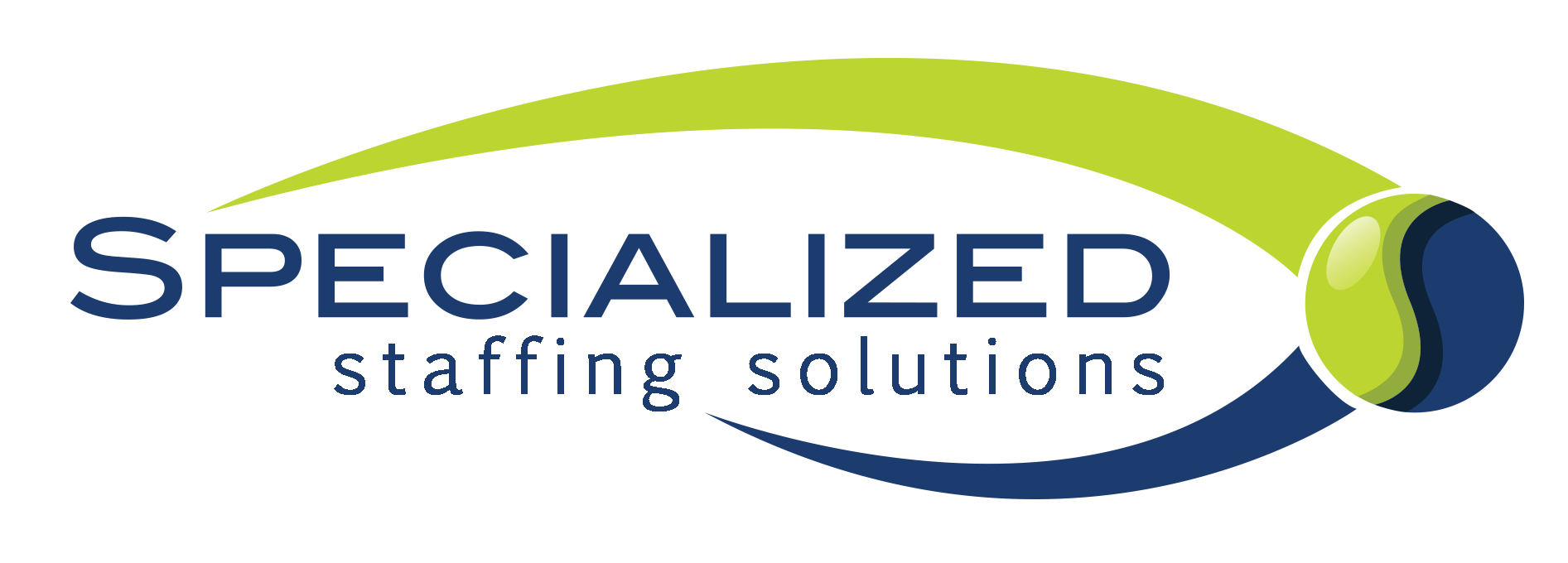
Picture this: Your company’s growth hinges upon finding the perfect new team member. Yet, the hiring process can often feel like navigating a labyrinth, with potential pitfalls at every turn. No need to fear – this strategic hiring guide will illuminate the path to hiring success. In this blog, you will gain valuable insights on crafting an enticing job description, posing the right interview questions, selecting suitable assessments, verifying skills and work experience, and providing job shadows to ultimately ensure you hire the best candidate for your team.
Crafting the Perfect Job Description
A well-crafted job description forms the foundation of a successful hiring process. Begin by outlining the key responsibilities and required skills for the position. To attract top talent, highlight company culture, benefits, and growth opportunities. Steer clear of common job description pitfalls, such as vague language or unrealistic requirements, to ensure your ad attracts the most suitable candidates.
Preparing the Right Interview Questions
Effective interviews require a careful blend of different question types, including behavioral, situational, technical, and cultural fit questions. Tailor questions to gauge candidates’ strengths, weaknesses, and overall fit for the role. Remember to avoid illegal or inappropriate queries, as these can lead to potential legal issues or an uncomfortable interview atmosphere for the candidate. Below are some actionable examples for each interview question type:
I. Behavioral Questions
Behavioral questions aim to evaluate how a candidate has handled past situations, providing insight into their problem-solving skills, communication style, and work habits:
- Can you describe a situation where you had to handle a difficult coworker? How did you resolve the issue?
- Tell us about a time when you had to meet a tight deadline. What steps did you take to ensure you met it?
- Share an example of when you had to adapt to a significant change at work. How did you manage the transition?
II. Situational Questions
Situational questions present hypothetical scenarios to assess a candidate’s decision-making abilities and judgment in various work-related situations:
- Imagine you are given an urgent task with a tight deadline, but you are already swamped with work. How would you handle this situation?
- How would you respond if a client expressed dissatisfaction with a project you had delivered?
- If you disagreed with a decision made by your manager, how would you approach the situation?
III. Technical Questions
Technical questions focus on the specific skills and knowledge required for the role, allowing you to gauge a candidate’s competence in their field:
- Can you explain the process you follow to troubleshoot a network issue?
- How do you stay up-to-date with the latest developments in your field?
- Describe a recent project where you utilized [specific software or technology] and the outcome.
IV. Cultural Fit Questions
Cultural fit questions help determine whether a candidate’s values, work style, and personality align with your company’s culture and the team they will be joining:
- How do you define an ideal work environment?
- Can you describe a situation where you had to work with a diverse group of individuals? How did you handle any conflicts or differences in opinion?
- What aspects of our company’s mission and values resonate with you the most?
Incorporating these question types into your interview process can help thoroughly evaluate candidates and make informed decisions about their suitability for the role.
Utilizing Assessments in the Selection Process
Assessments such as personality tests, aptitude tests, and skill-based evaluations enable a comprehensive understanding of candidates’ unique strengths and potential. Selecting tests that align with each role’s requirements can accurately gauge suitability, streamlining the decision-making process. Some positions may necessitate a greater emphasis on problem-solving skills or technical aptitude, while others may require strong interpersonal skills or emotional intelligence. Tailoring assessments by individual roles can ensure businesses target the specific qualities needed for success in each role.
Verifying Skills and Work Experience
Reference checks play a critical role in validating a candidate’s history and skills. Conducting thorough checks can assist in confidently confirming potential talent’s work experience and skill set. In the process, it’s essential to inquire with targeted questions to obtain a comprehensive understanding of the candidate’s professional background. In verifying skills, companies can ultimately make more informed hiring decisions and secure the best talent for their team.
The Power of a Job Shadow
Job shadowing offers candidates an authentic glimpse into their potential role and workplace environment. This step benefits both parties by fostering a mutual understanding of expectations, assessing cultural fit, and reducing misunderstandings. Implement a job shadow program that strikes a balance between the candidate’s and the organization’s needs, allowing for seamless integration into the team.
Summing It Up
Setting out on the journey to find the perfect candidate doesn’t have to be intimidating. Crafting an engaging job description, posing insightful interview questions, utilizing assessments, verifying skills and work experience, and offering job shadows pave the way for long-lasting success. As you refine your hiring strategy, remember that each successful hire brings you one step closer to unleashing your team’s full potential. Partnering with Specialized Staffing can serve as a vital bridge, connecting top talent with your unique organizational needs and streamlining the recruitment process. Connect with our team today and discover how we can help elevate your team to new heights.
